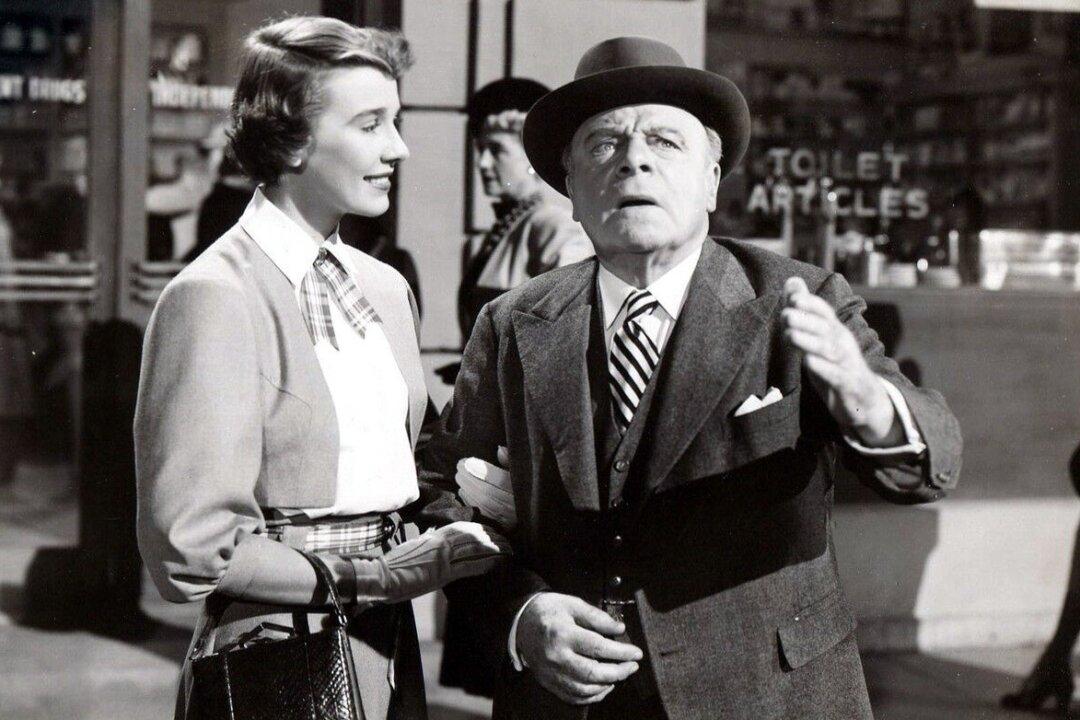NR | 1 h 32 mins | Romance, Comedy | 1950
Sir Walter Scott’s poetic phrase, “Oh, what a tangled web we weave / When first we practice to deceive” has been an unspoken theme in countless stories. Many movies are based on a scenario that kicks off with a deception, falsehood, or misunderstanding. These stories are compelling because complicated situations can often arise from a lie.






